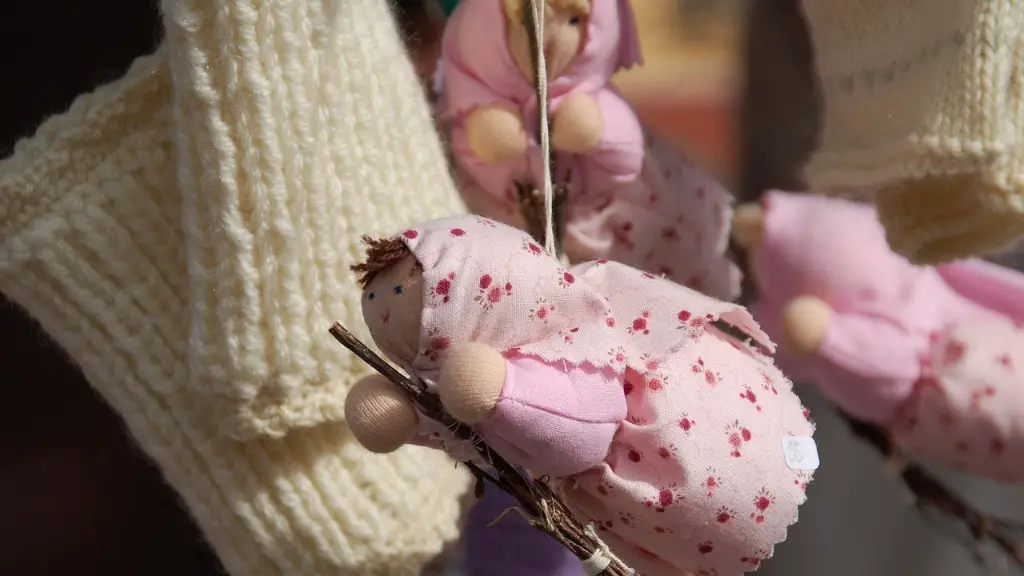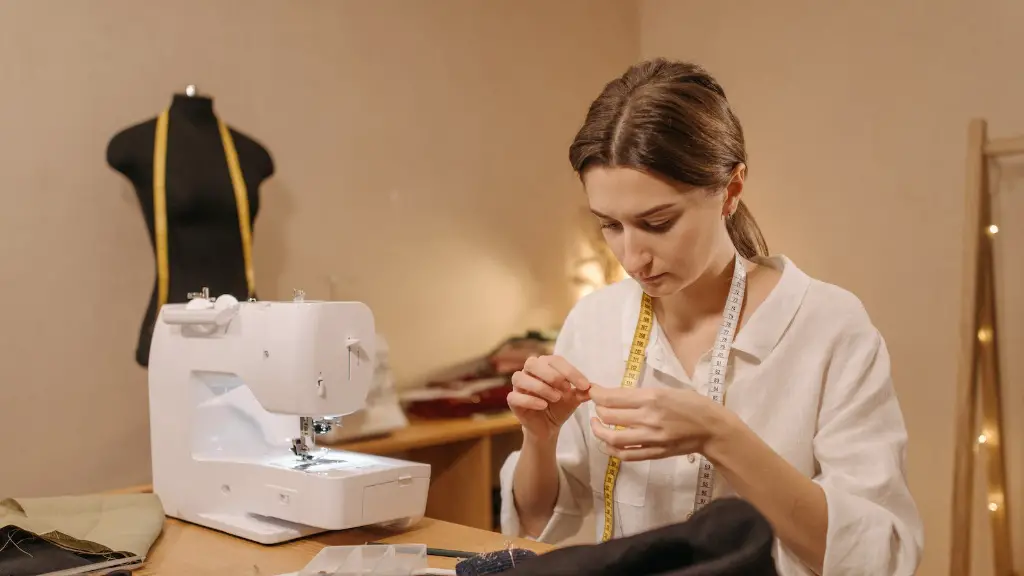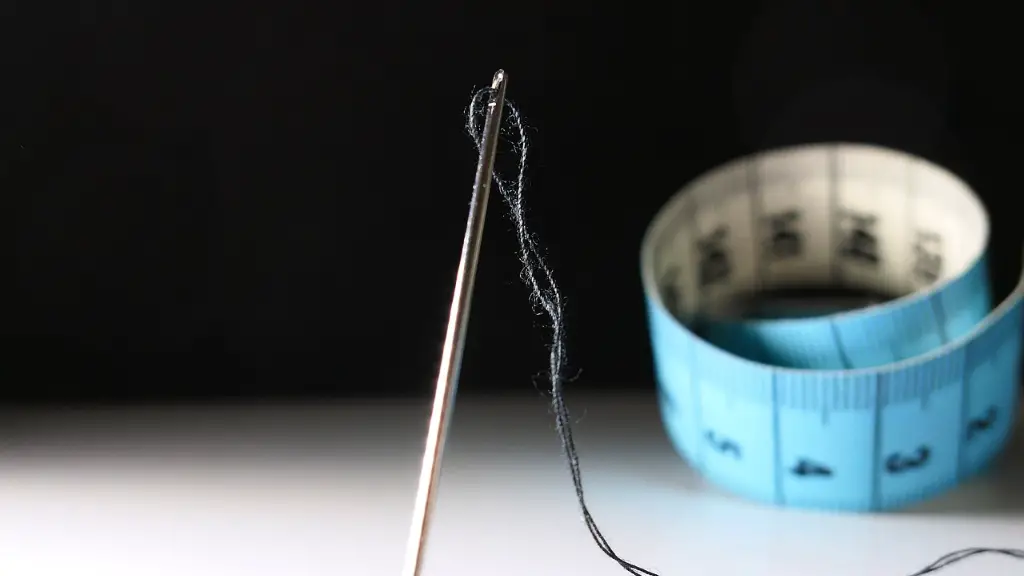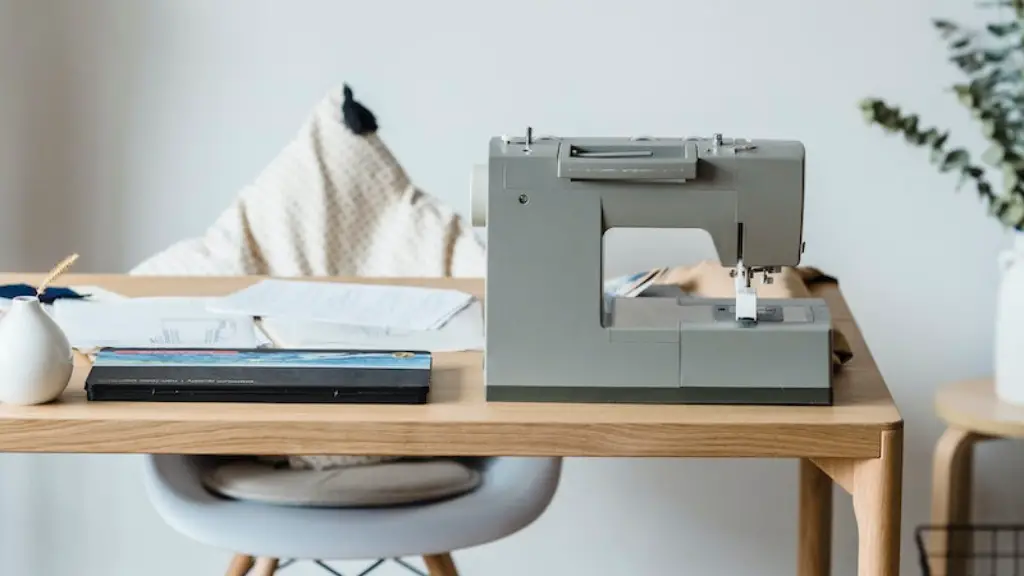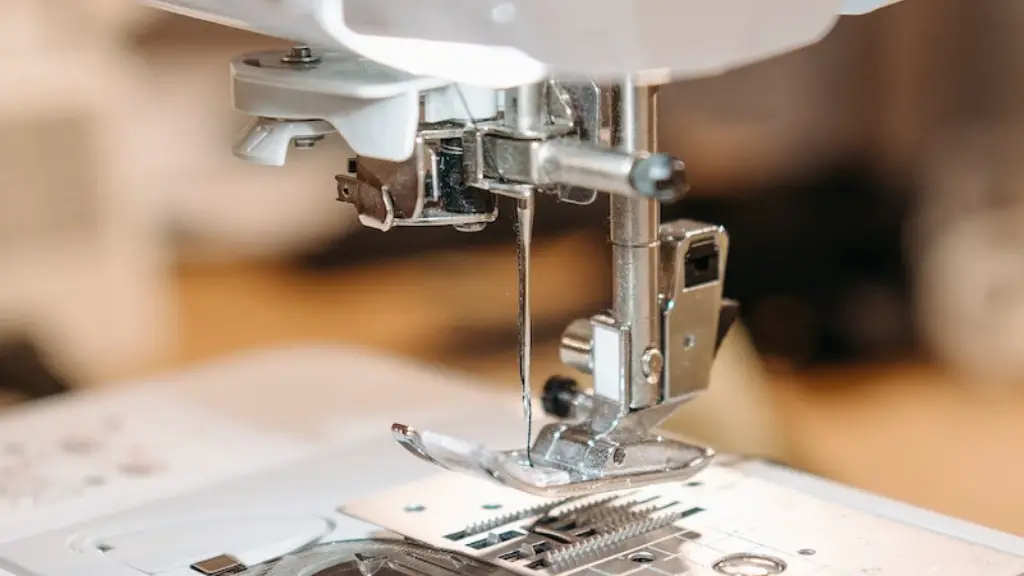Does Joann Fabrics Service Sewing Machines?
Sewing machines are one of the most versatile tools that people use for crafting, home tailoring, and professional clothing alterations. Whether it’s a basic electric machine, a powerful commercial grade machine, or a portable, lightweight model, sewing machines are a great asset to have in any home or workspace. And while there are many places to find a machine, Jo-Ann Fabric and Craft Stores are the go-to for many sewers and crafters.
Jo-Ann Fabrics is one of the largest fabric, yarn, and craft store chains in the United States. It offers over 690 stores in 47 states, along with their online store, offering tons of selection and various products including fabric, yarn, and crafting items like buttons, scissors, trims and ribbons. Joann also provides services like pattern printing, custom framing, and machine rentals, but does Jo-Ann Fabrics service sewing machines?
Based on the website and official line, Jo-Ann Fabrics does not service any kind of sewing machine. However, customers are able to purchase a variety of machine products and accessories to use with their sewing machines, including parts like needles, bobbins, feet, and spools. They also have a variety of classes and tutorials to help customers learn how to best use their machines, as well as Project & Idea books to help find inspiration for making with your machine.
When it comes to more advanced sewing machine repairs, there are plenty of reputable independent repair centers in cities across the country. An experienced sewer can diagnose and repair most issues with a machine, and services include deep cleaning, oiling, and repairs of complex motors and timing problems. Additionally, some well-known manufacturers such as Janome, Singer, Brother, and Bernina have large networks of service centers where the machines can be taken for in-depth troubleshooting and repair. And, these service centers also provide parts, service contracts, and even free demonstrations and classes on how to use the machines properly.
If you’re looking for basic sewing machine maintenance or a more involved repair, it is best to seek a professional. This ensures that the machine is properly serviced and maintained, and that the repair is done correctly the first time. When seeking repair services, be sure to verify the credentials of any service provider, and make sure they have experience with the make and model of sewing machine you are working with.
In-House Sewing Machine Maintenance Tips for Beginners
For those just starting to work with a sewing machine, there are some helpful maintenance tips that can be used to keep your machine running smoothly. Whether sewing is your hobby or you’re just getting started with clothing alterations and craft projects, following these tips will help you maintain a healthy machine.
The first step is to read up on the manufacturer instructions and regularly refer back to any booklets or DVD tutorials that came with the machine. Keeping the machine clean is another important tip, as it can help reduce wear and tear on the motor and motor components. Regularly cleaning out dust and debris from the bobbin case, under the presser foot, and around other moving parts can help to prevent jams and other unwanted issues.
In addition, remember to keep the machine oiled, as the manufacturer’s instructions specify. Without proper lubrication, metal parts can become stiff, thus causing the machine to wear out more quickly. It is also important to regularly change the sewing machine needle and continuously thread the upper thread and bobbin correctly as this will help the machine run smoother and more efficiently.
If possible, it is best to protect the machine from excessive heat. Overheating can cause damage to the machine’s internal components, so avoid sewing with an unfinished or too-hot iron, and use thick-enough fabric when sewing. It is essential to be mindful of the fabric recommendations found on the machine and to avoid straining the machine with excessively thick fabrics.
Common Sewing Machine Problems
Although sewing machines are built to last, they are susceptible to common issues that can occur over time. Some of the most frequent problems found with sewing machines are tension problems, thread jamming, and poor stitch quality.
Tensions problems are the most common issue, and this usually occurs when the upper and lower threads are not equally tensioned. If the tensions are uneven, the thread can be pulled and can cause an irregular stitch. To solve this, extremely fine adjustments to the top threads may be needed.
Thread jamming can occur when the upper and lower threads are not threaded correctly or when the bobbin is not properly inserted, resulting in the machine not being able to move the needle and the thread being stuck in the housing. To resolve this, check the instructions and make sure the threads and bobbin case are correctly threaded and inserted, and apply a few drops of sewing machine oil on the machine’s bobbin area.
Poor stitch quality can be the result of damaged needles, incorrect stitching speed and pressure, or an incorrectly threaded loopers. To ensure optimal stitch quality, use the right type and size of needle, follow the manufacturer’s instructions on the required speed and pressure, and make sure the threads and loopers are correctly threaded.
Where to Purchase Sewing Machines and Supplies
Finding the right sewing machine, supplies, and accessories can be a daunting task. But with the right resources and advice, you’ll be able to find what you need for your sewing projects. Joann Fabrics is a great place to start, as it offers a wide selection of machines, supplies and accessories.
Amazon and eBay are two other good sources for machines, parts, and supplies. While Amazon carries many major brands, eBay can be a great source for finding used and vintage sewing machines. Additionally, there are many small independent shops that specialize in a range of sewing machines, parts, and accessories.
The best way to find the right machine and necessary supplies is to do some research and ask questions. Consult reviews, read up on different brands and models, and visit sewing machine shops and stores to ask questions and even take test drives of different models.
Safety Tips When Working With A Sewing Machine
Safety is also very important when working with a sewing machine. Be sure to read and follow all safety instructions that come with the machine. It is also important to keep the machine and working area safe. Make sure to keep young children and pets away from the machine and work area, and always disconnect the machine from power sources when not in use.
Other safety tips include unplugging the machine from the power source when changing needles, unthreading the machine after each use, and being aware of the presence of cords and wires when working. Additionally, be sure to use your machine only for the intended purpose and for the materials for which it is intended. This can help to avoid potential risks of overheating and avoid machine malfunction.
Conclusion
While Joann Fabrics does not service sewing machines directly, customers are able to purchase products and supplies alongside of various services like pattern printing, custom framing, and machine rentals. When it comes to repair services, there are an abundance of independent repair centers and many well-known manufacturers that offer warranty friendly service centers. Maintenance is also key, and novices can take advantage of basic in-house maintenance tips such as regularly cleaning out dust and debris, oiling the machine regularly, and making sure the needle and threads are changed and threaded correctly. Additionally, being sure to read the manufacturer instructions and knowing where to purchase machines, parts, and supplies are helpful in ensuring a long-lasting sewing experience. Lastly, when working with a sewing machine, be sure to read and follow all safety instructions, and keep pet and children away from the machine and related accessories.
